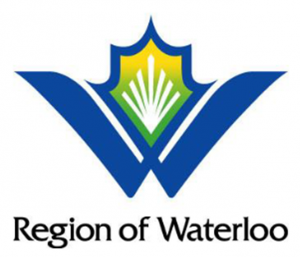Public–Private Partnership
A public–private partnership (PPP) is a government service or private business venture which is funded and operated through a partnership of government and one or more private sector companies. These schemes are typically referred to as PPP, P3 or P3.
As state governments struggle to meet growing transportation infrastructure needs while revenues dwindle, leveraging existing resources through the use of public-private partnerships (PPPs or P3s) has become increasingly attractive. PPPs are agreements that allow private companies to take on traditionally public roles in infrastructure projects, while keeping the public sector ultimately accountable for a project and the overall service to the public.
PPPs in the transportation sector involve a contract between a public transportation authority and a private party. The private party provides a Mass Transit Systems Infrastructure and assumes substantial financial, technical and operational risk in the project. In some types of PPPs, the cost of using the service is borne exclusively by the users of the service and not by the taxpayer.
Typically, a private sector consortium forms a special company called a “special purpose vehicle” (SPV) to develop, build, maintain and operate the asset for the contracted period. In cases where the government has invested in the project, it is typically (but not always) allotted an equity share in the SPV. The consortium is usually made up of a building contractor, a maintenance company and bank lender(s). It is the SPV that signs the contract with the government and with subcontractors to build the facility and then maintain it. In the infrastructure sector, complex arrangements and contracts that guarantee and secure the cash flows make PPP projects prime candidates for project financing. A typical PPP example is Denver Transit Partners (DTP), which consists of a consortium of qualified companies to design, build, finance, operate, and maintain (DBFOM) a new Commuter Rail system that connects the Denver International Airport (DIA) with Union Station in downtown Denver. Besides the DIA link this project includes lines called Eagle which includes the East and Gold Line Extension as well as the North Metro Rail extension.
The Denver Transit Partnership organization consists of transit contractors to design and build the Commuter Rail System (DTC) and a transit operations and maintenance company (DTO) that will ultimately be providing Commuter Rail service on the Commuter Rail Line for a duration of 40 years.
Rail IT® was providing Systems Design, Implementation/Integration/Test, and Maintenance services to several Mass Transit PPP Companies.


